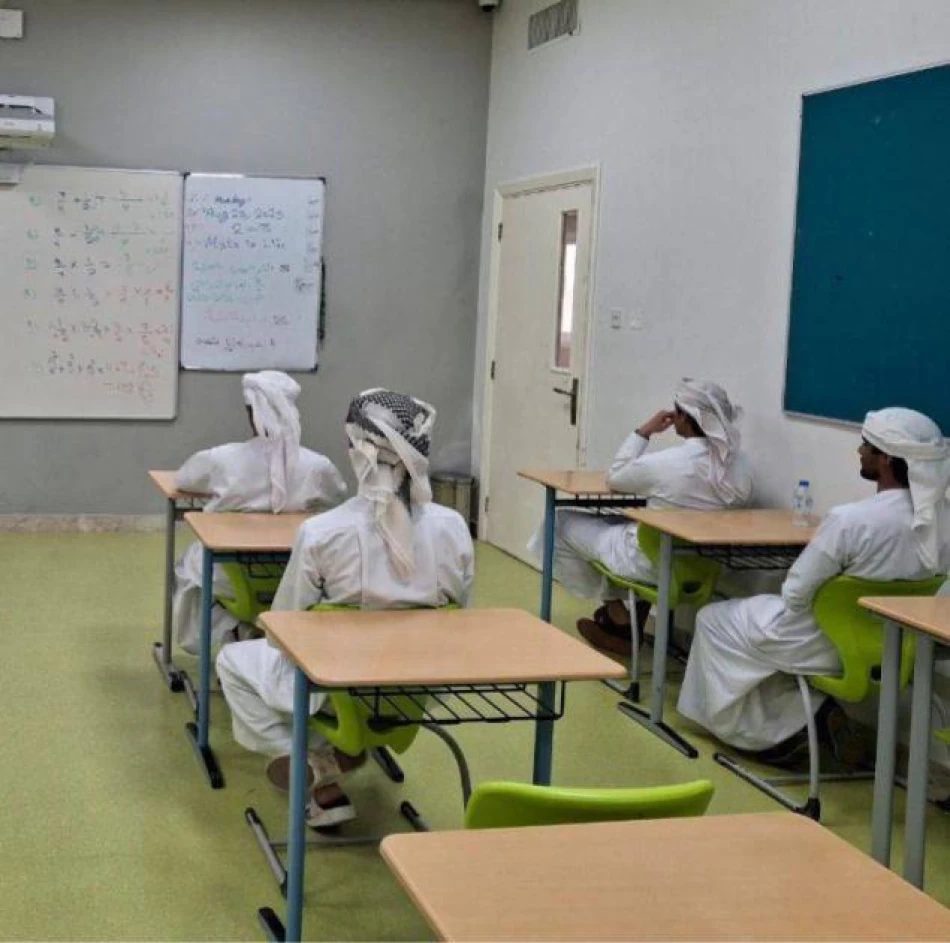
Discover UAE's University Admission Requirements for Grade 12 Students
UAE Schools Issue Early Wake-Up Call: Grade 12 Students Must Start University Prep Now
Public and private schools across the UAE are pushing Grade 12 students and their families to begin university preparation immediately, warning that delays could jeopardize admission prospects. The coordinated effort reflects growing competition for higher education spots and the increasingly complex requirements for both domestic and international university applications.
Digital Infrastructure Takes Center Stage
Schools are mandating that students download three critical applications that will serve as the backbone of their university journey. The national ID app, the military service app for male students, and the Mohesr UAE platform represent a shift toward digitized education pathways that mirror broader government digitization efforts across the Emirates.
The emphasis on the Mohesr UAE app is particularly significant, as it centralizes higher education requirements and reflects the government's push to streamline university admissions. This digital-first approach aligns with the UAE's broader Vision 2071 strategy, which aims to make the country the world's best by its centennial.
Documentation Requirements Signal Regulatory Tightening
The extensive list of required documents—including passports, national IDs, birth certificates, personal photos, and certified Grade 10 and 11 transcripts—indicates increasingly stringent verification processes. Private school students face additional hurdles, as their transcripts must be authenticated by the Ministry of Education, creating potential bottlenecks for families who delay preparation.
This documentation emphasis likely stems from the UAE's efforts to maintain educational standards while accommodating its diverse expatriate population, where students often transition between different educational systems.
Strategic Academic Planning Becomes Non-Negotiable
Schools are urging students to identify their desired academic specializations early and research which public universities offer these programs. This guidance reflects the UAE's expanding higher education landscape, where institutions like the American University of Sharjah, UAE University, and newer campuses of international universities create both opportunities and complexity for students.
The early specialization push also aligns with the UAE's economic diversification goals, particularly in sectors like technology, renewable energy, and advanced manufacturing, where skilled graduates command premium salaries.
Language Testing Pressure Intensifies Competition
The mandate for early preparation for IELTS, TOEFL, SAT, and other standardized tests highlights the competitive nature of university admissions in the UAE. With English-language instruction dominating higher education, these scores often determine access to top-tier programs and scholarships.
This requirement particularly impacts students from Arabic-medium schools, who may need additional time to achieve competitive English proficiency scores. The early warning gives these students crucial months to improve their language skills through tutoring or intensive programs.
Market Implications for Education Sector
The coordinated messaging from schools suggests a maturing education market where preparation services, tutoring centers, and test preparation companies will likely see increased demand. Parents may need to budget for additional educational expenses earlier in their children's academic careers.
For universities, the standardized preparation process could lead to more qualified applicant pools but may also increase pressure on admissions infrastructure as students submit applications earlier and more systematically.
The initiative ultimately reflects the UAE's commitment to maintaining educational excellence while managing the practical challenges of serving a diverse, internationally mobile student population in an increasingly competitive global higher education market.
Most Viewed News

 Omar Rahman
Omar Rahman






